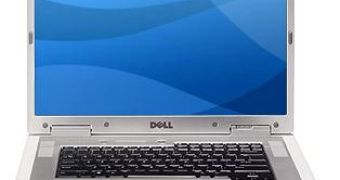After the bold decision to sell computer systems with a version of the Ubuntu operating system pre-installed in the United States, Dell expands its line of computers running Linux in Europe too. The company will soon launch a Linux based desktop and laptop computer in the United Kingdom, France and Germany, according to the news site vnunet.com.
This decision comes after the great success of the Linux computers in the U.S. and after another important computer manufacturer and vendor, Acer, said that Linux based computers are not needed in Europe (Acer launched a Linux laptop in Asia, but said that there is no demand for such a system in the U.K.). Nonetheless, Dell will launch the Inspiron 6400n desktop computer and the Inspiron 530n notebook that are priced at $658 and $798, respectively. Apart from the free and open source operating system that will be installed on these computers, Dell decided to bundle some general use application as well, like the OpenOffice productivity suite and other programs like email and instant messaging clients, photo and multimedia organizers and viewers and Web browsers.
What makes the Dell company a champion of the open source software movement is the fact that Dell will offer both hardware and software customer support, that is extended to program installations, network configuration and general usage tips. For other, more advanced, supporting services, a paid subscription is required from the Canonical company that is actively developing and supporting the Ubuntu distribution.
After the U.S. Linux based desktop and laptops adventure started last May, Dell company executives declined to name the precise number of Linux systems sold, but they said that the numbers are high enough to justify the expansion on the European market. The success of the Linux based computers prompted Dell to say that they may expand their current offering worldwide, more so since an entry on their customer feedback site that asked for generally available Linux systems, attracted a lot of supporters in a very short time.

 14 DAY TRIAL //
14 DAY TRIAL //